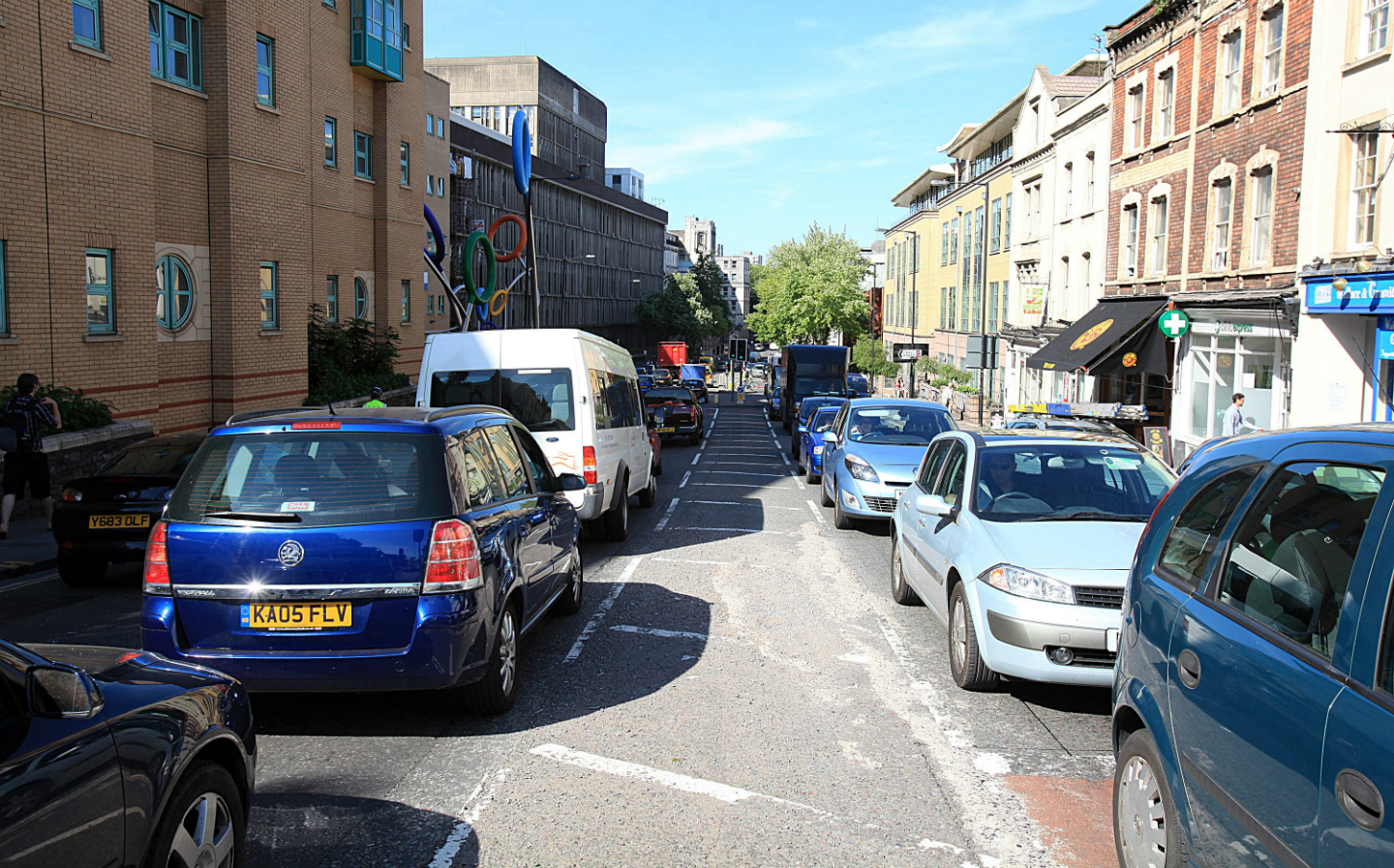Revealed: the most heavily congested cities in the UK
But count yourself lucky you don't work in and Indian city
CITY-DWELLING motorists are all too familiar with gridlocked on local roads, though new traffic data analysis claims to have revealed most congested cities in the UK — and contrary to popular belief, London isn’t top of the list.
Journey data from TomTom shows the UK city most affected by traffic jams in 2019 was the Scottish capital of Edinburgh, with journeys taking around 41% longer on average than they would if traffic was flowing without a hitch.
Edinburgh’s congestion level in the TomTom Traffic Index put it 33rd in the world, just behind Japanese capital Tokyo (42%) but ahead of Chinese megacity Chongqing (41%), which was seeded 34th.
So clogged up were Edinburgh’s roads during rush hour last year, it’s estimated Scottish drivers spent on average 172 hours queuing on the city’s roads while commuting to and from work.
Plenty of jam-infested areas can be found south of the Scottish border, of course. London has the second most clogged roads, according to the research, with a 38% congestion rating. This makes London about as gridlocked as other European capitals such as Paris and Rome.
The third most snarled-up UK city in 2019 was Brighton and Hove with an average congestion level of 35%.
Seaside locations in particular appeared to be hot spots for overflowing road networks. Of the 25 UK cities that appeared in TomTom’s rankings, 12 are on or near the coast, and six made it into the national top 10. These include Bournemouth (34%) and Southampton (33%) on the South Coast, the Northern Irish capital Belfast (33%) and the Yorkshire port city of Hull (34%).
As traffic-clogged as UK cities may be, the likes of Edinburgh and London are motoring paradise in comparison to other urban areas in the world. By far the worst, according to TomTom’s number totting, was Bengaluru in India, which was given a congestion rating of 71%. Commuters in the city spent an average of 243 hours behind the wheel of their cars while making their way to and from work, it was found.
Three Indian cities appear in the top five most clogged-up places in the world, with Mumbai and Pune joining Bengaluru.
While TomTom didn’t estimate how much city congestion affected national economies, similar research has suggested traffic jams do have a big impact on productivity. Analysis by INRIX in 2018 calculated traffic hold ups were costing Brits around £1,200 every year in fuel costs and lost time per year, which doubled to £2,400 for motorists who drive in London.
The congestion data also comes not long after some local authorities in the UK began announcing plans to introduce their own congestion-curbing initiatives. Councils in Cambridge, Cardiff and Edinburgh have announced they’re considering implementing their own congestion charges, and (while not specifically a traffic-reducing scheme) Bristol has controversially committed to banning all privately-registered, diesel-powered vehicles from entering the city centre.
The worst cities for congestion in the UK in 2019
| UK rank (Global rank) | City | Average congestion level |
| 1 (33) | Edinburgh | 41% |
| 2 (45) | London | 38% |
| 3 (63) | Brighton and Hove | 35% |
| 4 (69) | Bournemouth | 34% |
| 5 (73) | Hull | 34% |
| 6 (76) | Belfast | 33% |
| 7 (79) | Southampton | 33% |
| 8 (83) | Bristol | 33% |
| 9 (88) | Manchester | 33% |
| 10 (89) | Reading | 32% |
… and the most gridlocked cities in the world last year
| Global rank | City | Country | Average congestion rating |
| 1 | Bengaluru | India | 71% |
| 2 | Manila | Philippines | 71% |
| 3 | Bogota | Colombia | 68% |
| 4 | Mumbai | India | 65% |
| 5 | Pune | India | 59% |
| 6 | Moscow | Russia | 59% |
| 7 | Lima | Peru | 57% |
| 8 | New Delhi | India | 56% |
| 9 | Istanbul | Turkey | 55% |
| 10 | Jakarta | Indonesia | 53% |
Bristol City Council approves plans to ban all diesel cars by 2021





